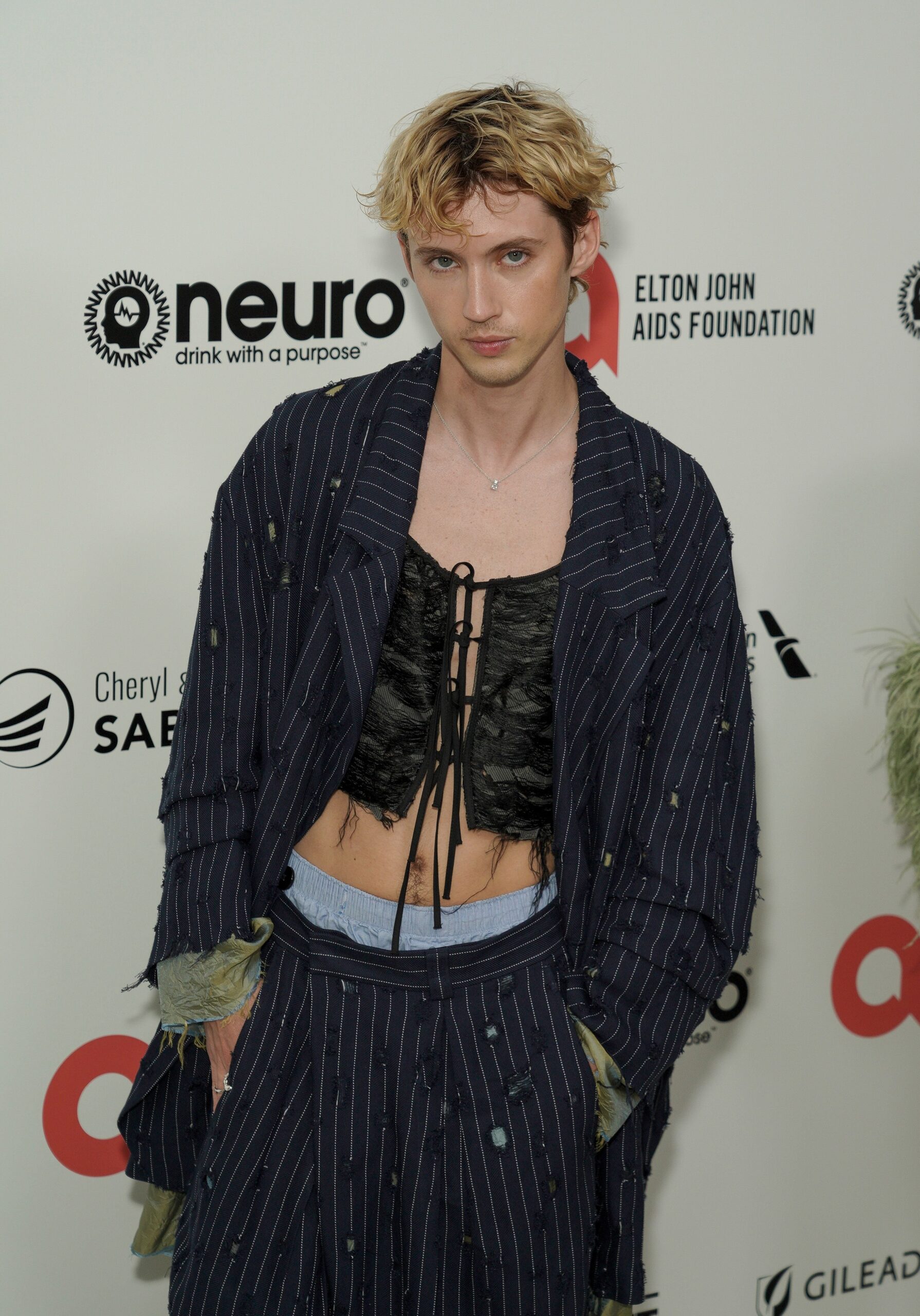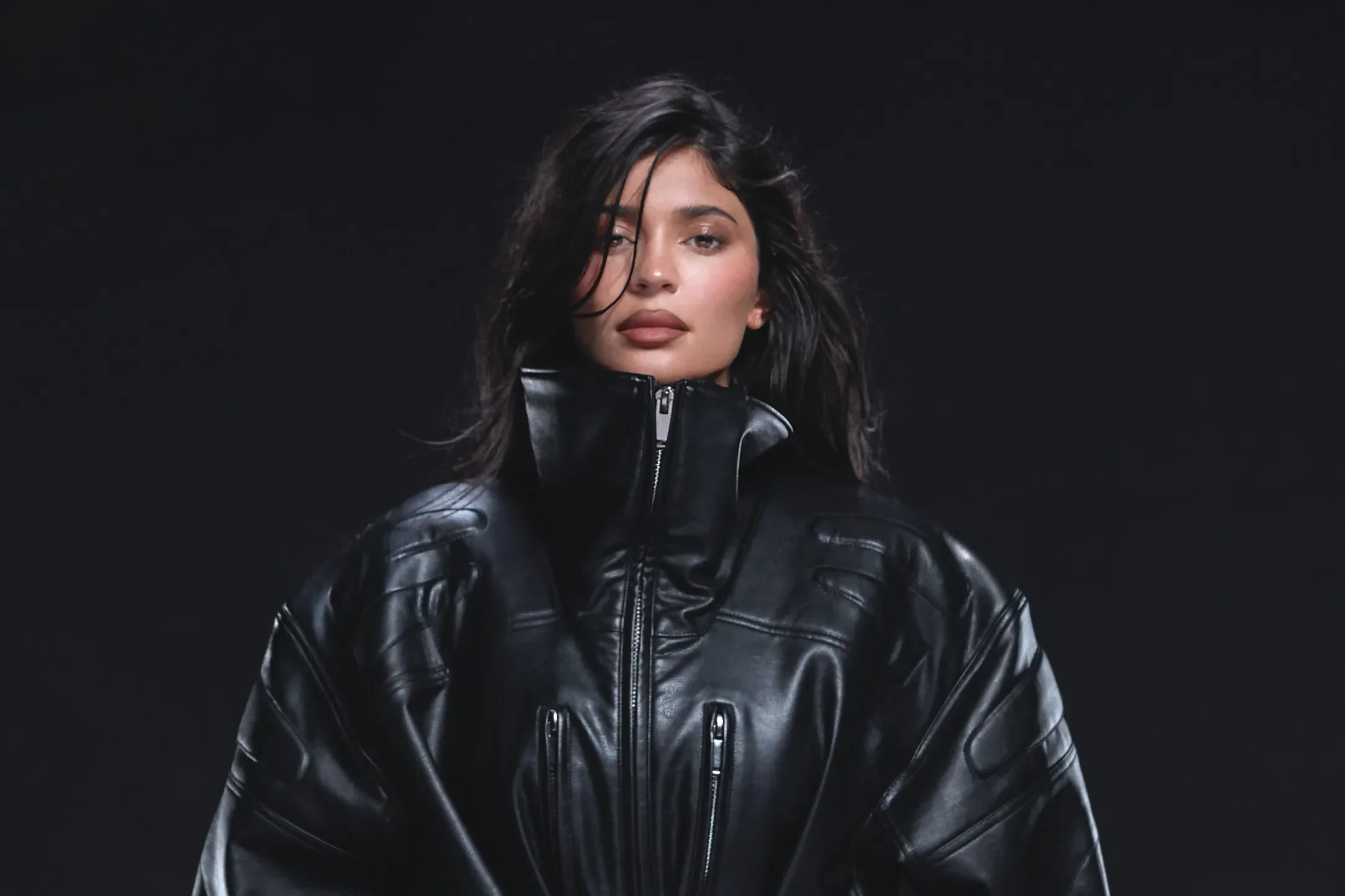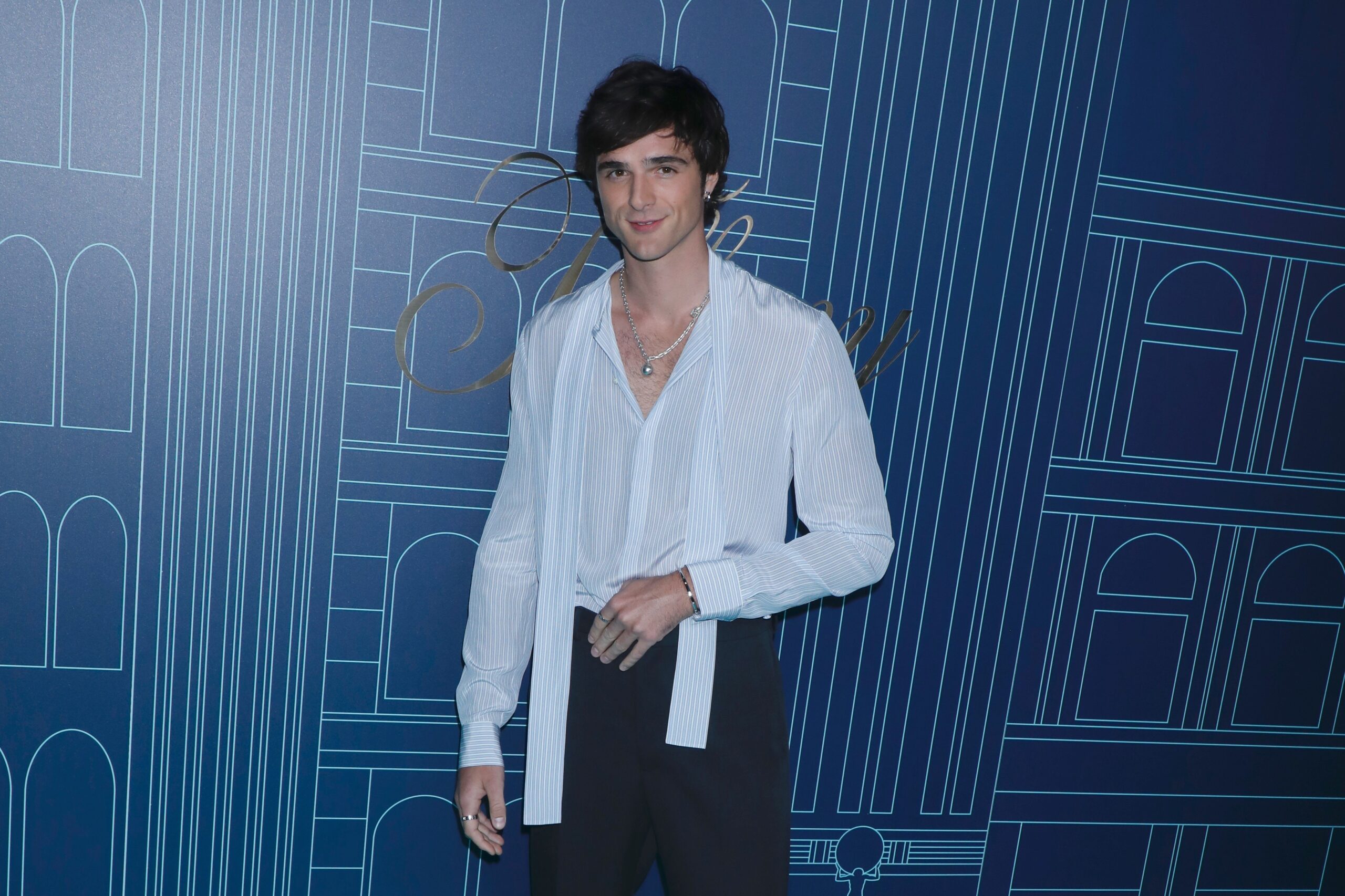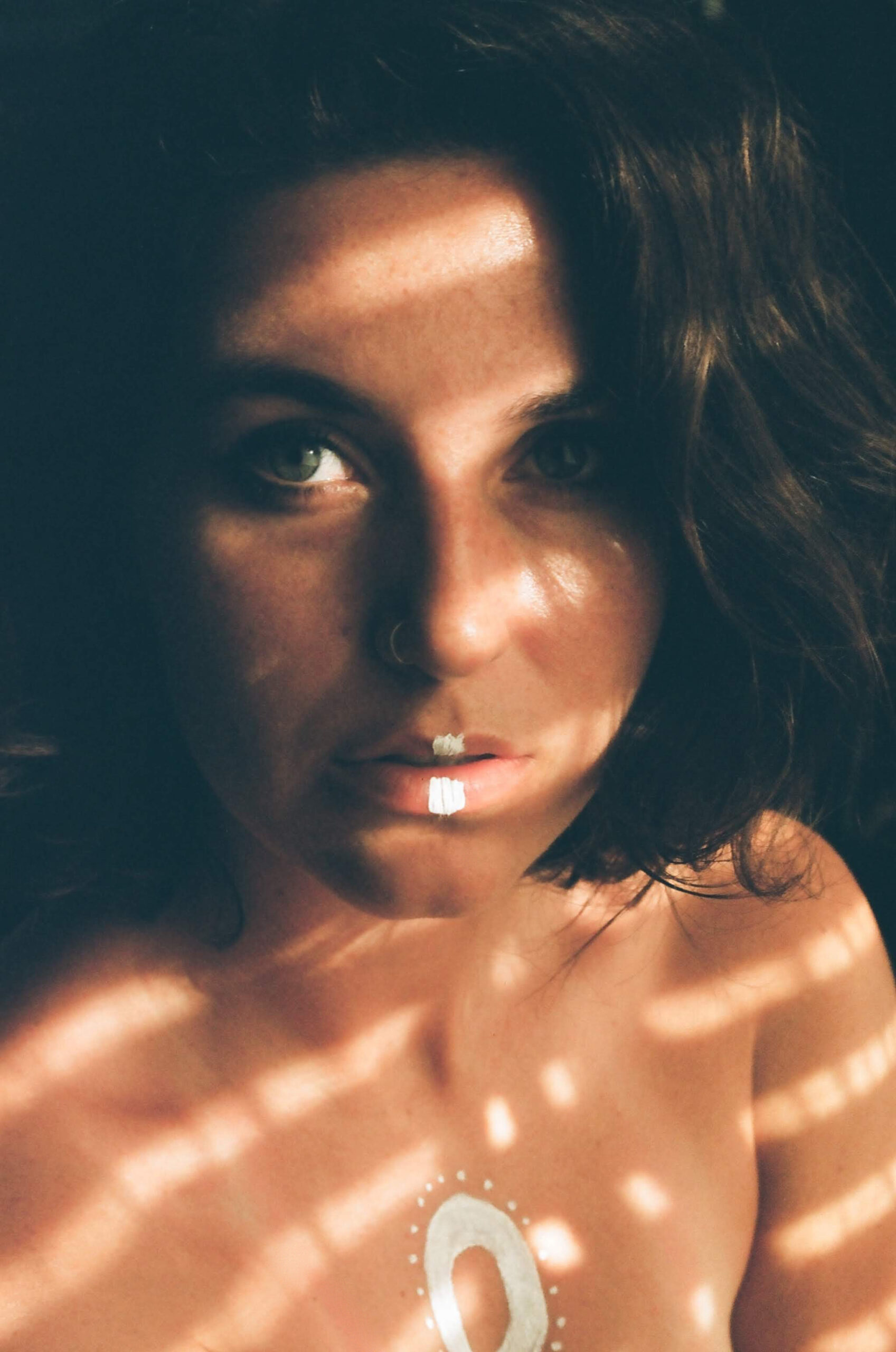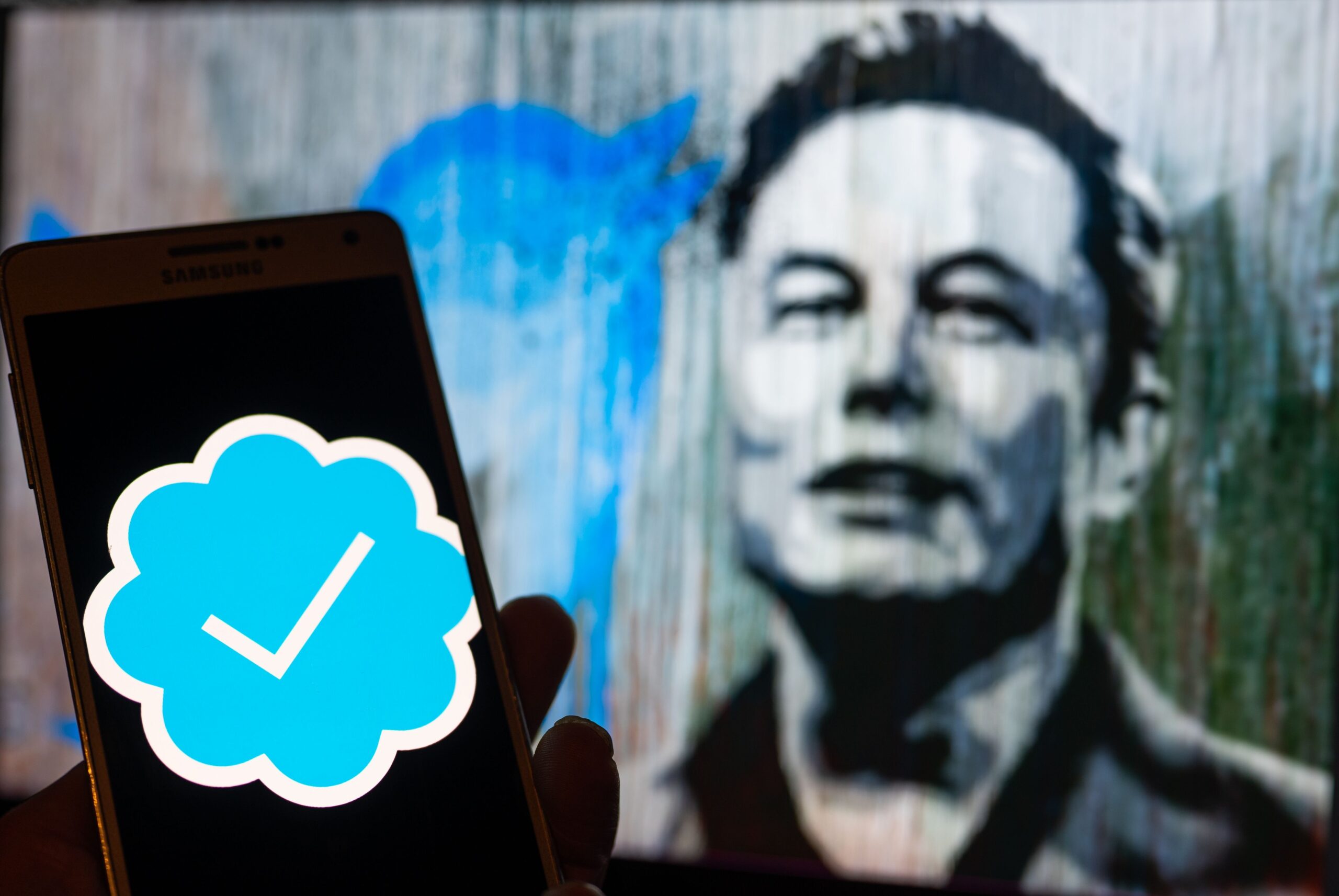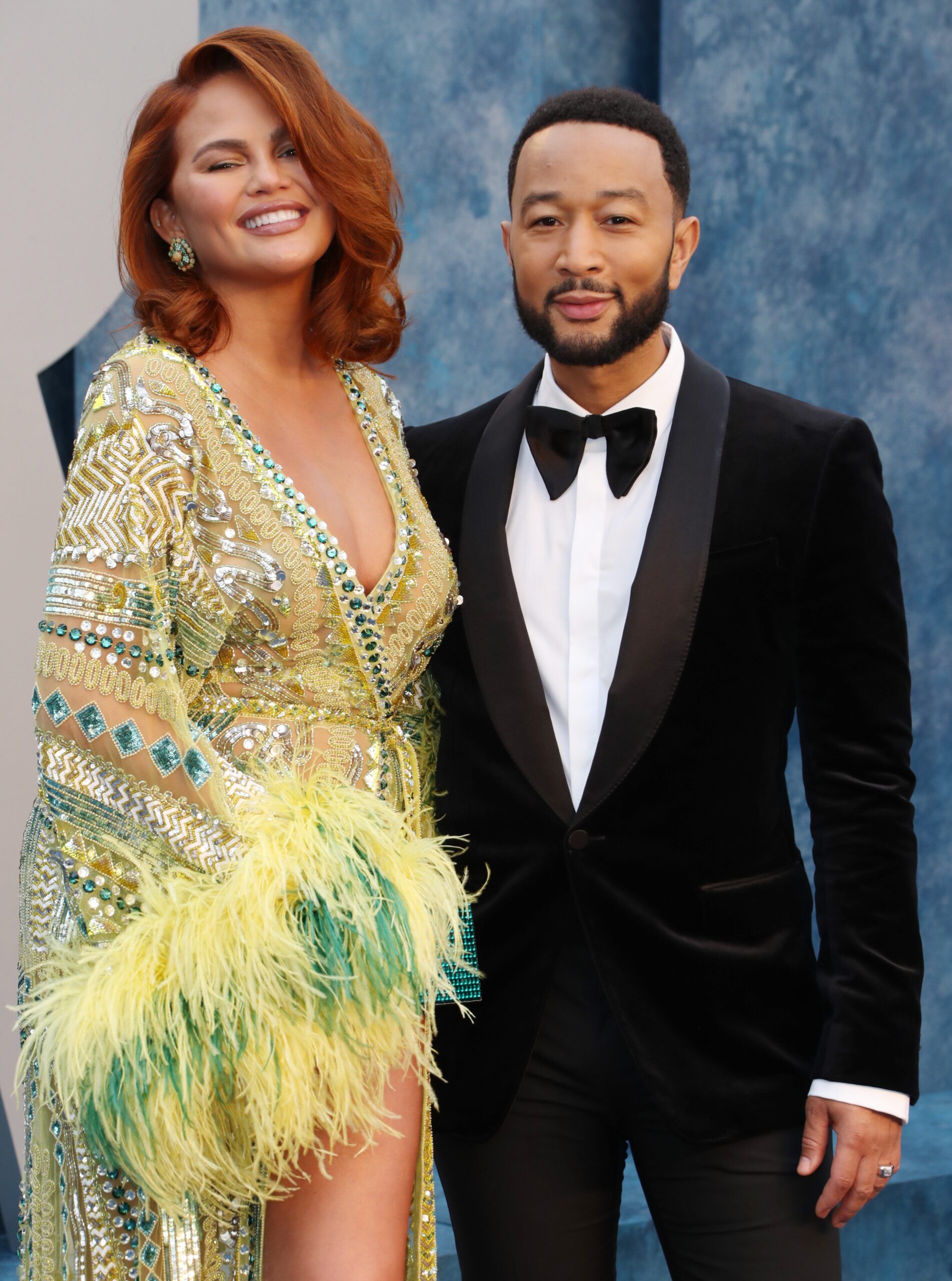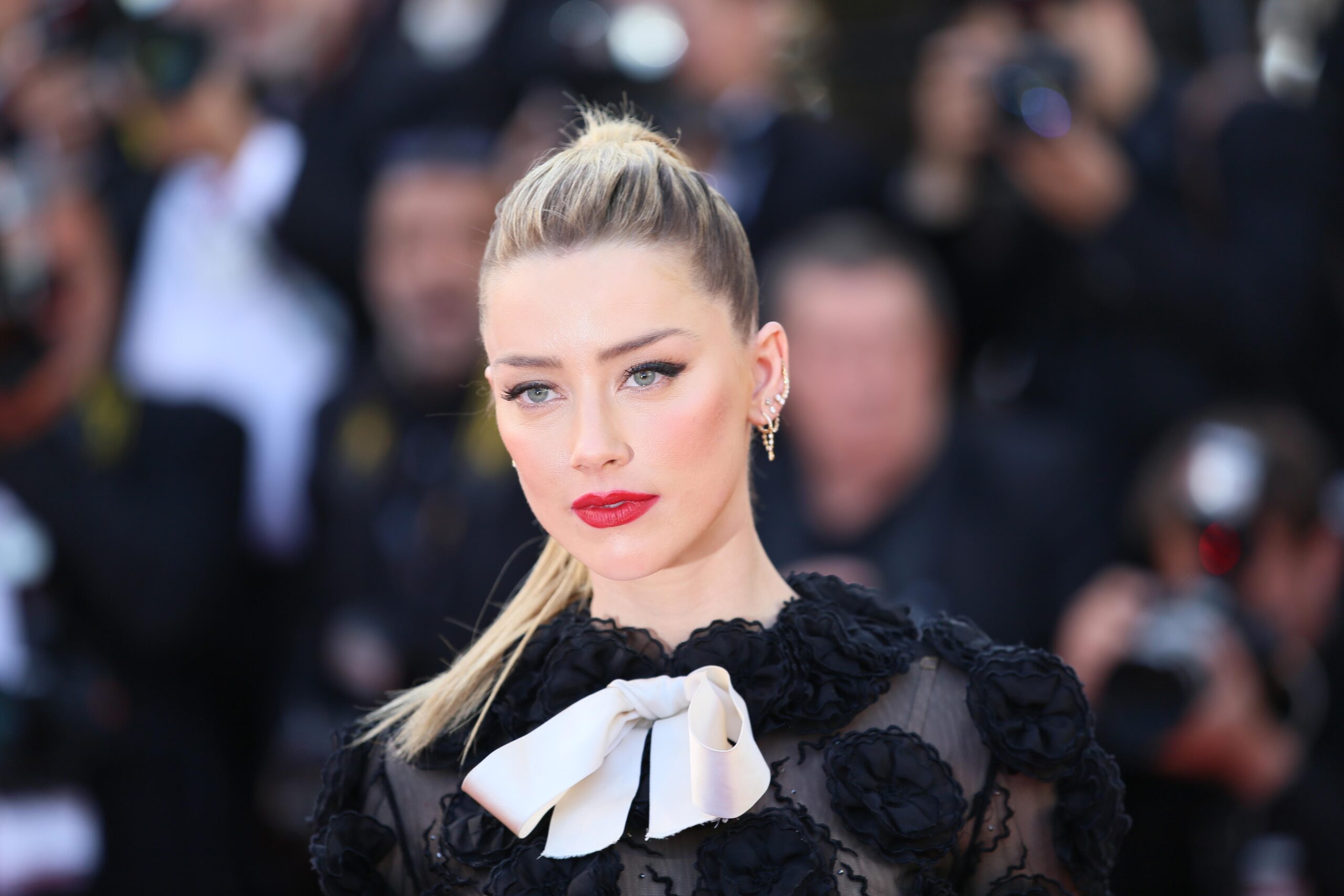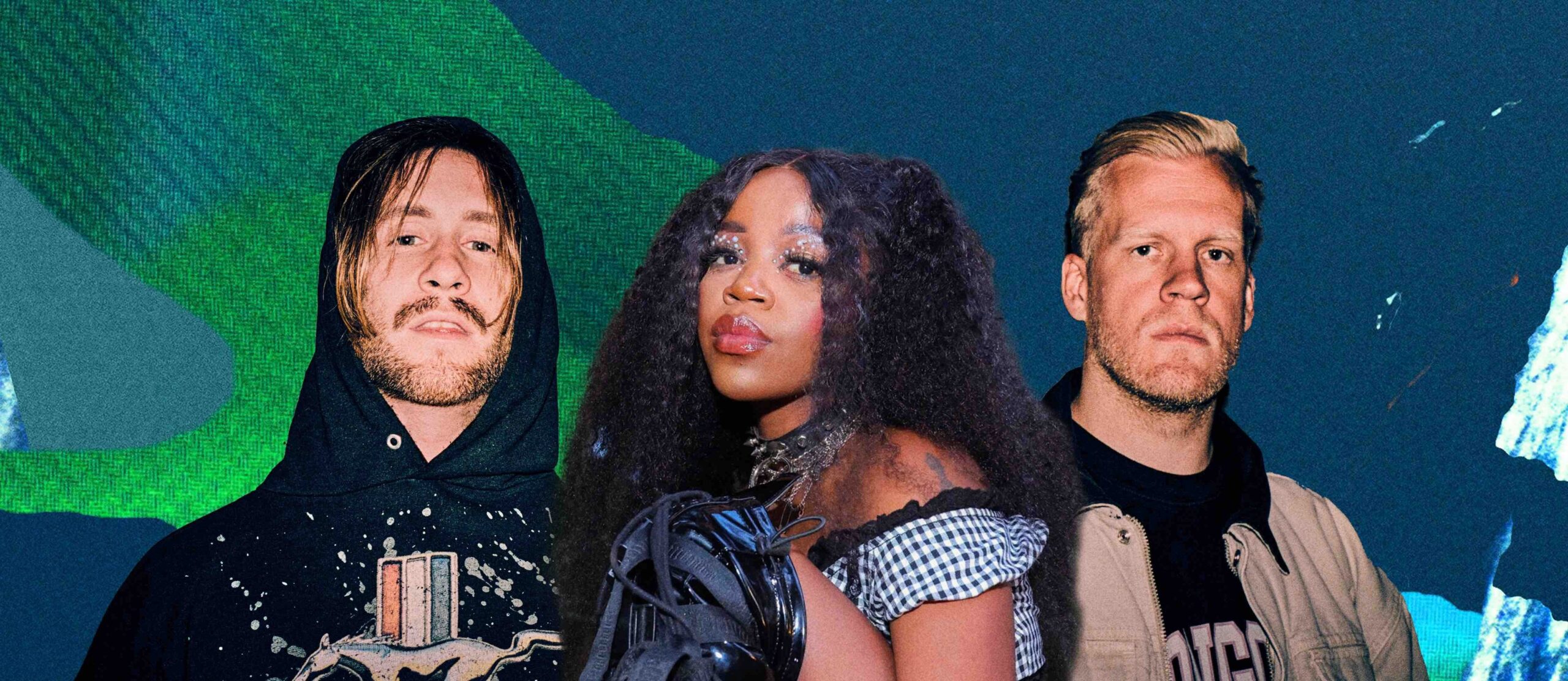Troye Sivan is a 24-year-old, South African-Australian singer who’s also gay—that is, he’s not interested in being tokenized as a gay singer who’s here to share about all the gay sex he’s having with his gay boyfriend in their sparkly, gay life.
(They also have a dog together, which is also very gay, because obviously if two queer people care for another living being together: “gayby“). But in case you weren’t sure, a New Zealand reporter for the LGBTQ magazine Express recently pried into Sivan’s personal life with particular gall. In addition to Sivan calling out the inappropriateness of the interview, the Internet’s also mad about it—but not pinpointing exactly why.
On Wednesday, the singer posted the “invasive, strange, and inappropriate” interview to Twitter, calling out: “I thought about asking the interviewer about his absolute fave sex position after that last question, but then i remembered how wildly invasive, strange and inappropriate that would be. Didn’t stop him though!”
Namely, Matt Fistonich, who is himself gay and even represented New Zealand in the Mr. Gay World competition, opted to ask Sivan about his favorite “thirst trap” accounts to follow on Instagram, whether his boyfriend would give him a “hall pass” to sleep with Shawn Mendes, and how their shared dog is enjoying life as their “gayby.” His closing question sealed the gossipy, middle school bathroom tone of the interview: “Top or bottom?” Sivan opted to pass on answering.
Commenters were outraged at Fistonich’s disrespect and lack of professionalism, as the Billboard-charting singer was never asked about his music career or his rise from YouTube to his sophomore album Bloom charting as No. 4 on U.S. charts. One user wrote, “the questions were weird and strange. i wish they were focus more on asking about your music than this 😭” Another criticized, “u know what the worst thing is…… they wouldnt ask a str8 person these.”
Clearly, the resounding sentiment is that Sivan’s sexuality was unfairly focused on as a point of interest. One comment read, “idk why interviewers think it’s ok to ask queer artists about sex 🤢🤢 feel like u never see that in interviews w straight artists.” Indeed, as Pride pointed out, “The gays have historically always dealt with far more invasive questions than the heteros (and as we all know, trans folk have it even worse) — even from members of our own community.”
Blair St. Clair, beloved drag queen, and musician, chimed in to corroborate with her own unfortunate interview experiences: “I get asked so many inappropriate questions in interviews. The absolute worst! I always respond with ‘I’ll leave that to your imagination’ or ‘You tell me. What do you think (about me)?'”
But why is that? Somehow in 2019, gay culture is still exoticized and treated as an oddity, a phenomenon to be examined by the public eye. Woke culture just does so by brandishing (not to mention corporatizing) it as an “alternate lifestyle” that flies in the face of bigotry, prejudice, and heteronormative oppression. What gets muddled in this celebration of gay representation is the fact that it is just a natural form of sexuality, it isn’t someone’s entire identity, and it’s even “normal” enough to be boring. As with all queer people, there are more interesting aspects to Troye Sivan’s character than his queerness (like, say, his burgeoning career), but assuming that his gay identity is an open invitation to peer into his personal life is akin to treating queerness like an alien species.
As musician and journalist Toby Knapp wrote to Sivan, media journalists, and culture at large still get a lot wrong when it comes to respecting the differences between representation and tokenization. “I am so sorry u had to endure this,” he wrote. “I’ve interviewed you and you were honest open and vulnerable and people like this are an embarrassment to the media. Thanks for your grace in the face of this insanity. I hope those who talk to artists will remember that we are humans.”
Related Articles Around the Web
